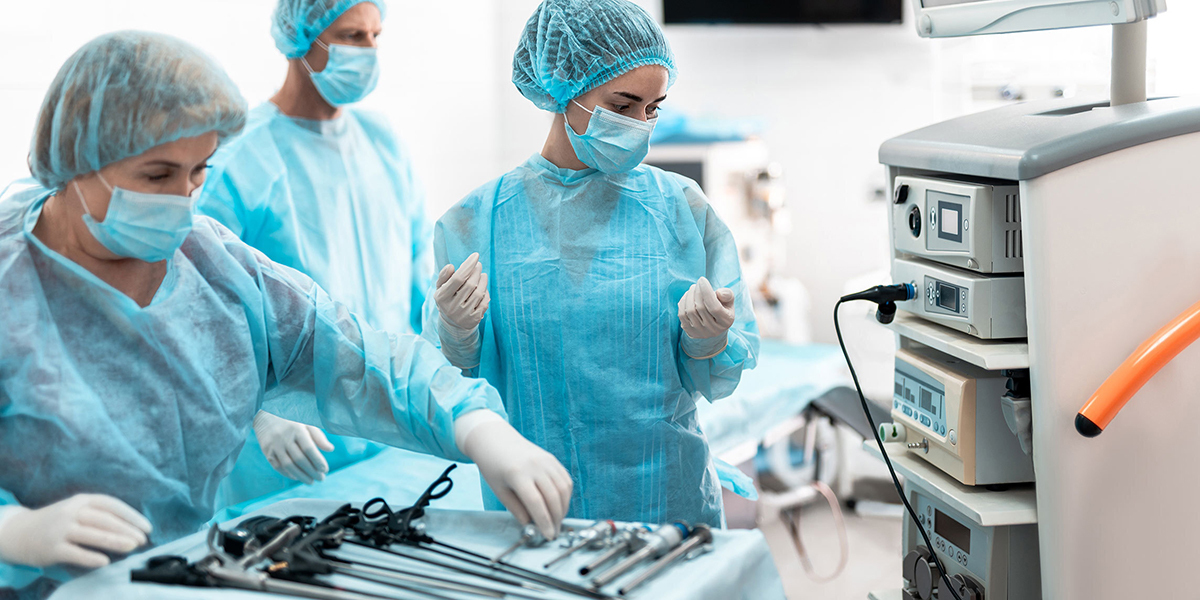About Pelvic Adhesive Disease
Abdominal adhesions are scar tissue that forms between the organs in your abdomen, often caused by tissue damage sustained during surgery. When this scar tissue affects the organs of the female reproductive system, it is known as pelvic adhesive disease. Pelvic adhesions can hinder proper reproductive function and can result in infertility if not properly treated.
Symptoms of Pelvic Adhesive Disease
Symptoms of pelvic adhesive disease may vary based on the extent to which scar tissue affects your reproductive organs; tubal scarring can lead to infertility.
Risk Factors for Pelvic Adhesive Disease
Factors leading to the formation of scar tissue on your reproductive organs may put you at risk for pelvic adhesive disease.
Risk factors for pelvic adhesive disease may include:
- Health history: Scar tissue that causes pelvic adhesive disease is often the result of a prior surgery involving the pelvic organs. Other causes include endometriosis and pelvic inflammatory disease.
Treating Pelvic Adhesive Disease at UT Health Austin
Pelvic adhesions are frequently found during gynecologic surgery when the risk factors above are present. Adhesions alone rarely cause pain and every surgery can lead to further scarring. Presence of pelvic adhesions during surgery can lengthen surgery, place organs at higher risk of injury, and increase the chance of making a larger incision. This is why an advanced pelvic surgeon is necessary to minimize these complications if you have risk factors for pelvic adhesive adhesive disease during surgery. Your care team will work with you to determine the best course of treatment.
Care Team Approach
Patients are cared for by a dedicated multidisciplinary care team, meaning you will benefit from the expertise of multiple specialists across a variety of disciplines. Our board-certified and fellowship-trained gynecologists have extensive experience in performing minimally invasive gynecologic surgery and work alongside a team of women’s health experts, including nurses, advanced practice providers, dietitians, social workers, and more, providing unparalleled care for patients every step of the way.
We collaborate with our colleagues at the Dell Medical School and The University of Texas at Austin to utilize the latest research, diagnostic, and treatment techniques, allowing us to offer a safer and more effective alternative to traditional open surgery by avoiding a large abdominal incision. With minimally invasive gynecologic surgery, patients experience smaller incisions, less pain, less blood loss, shorter hospital stays, faster recovery times, reduced scar tissues, increased surgical accuracy, and less risk of infection or other complications.
Learn More About Your Care Team

Minimally Invasive Gynecologic Surgery
